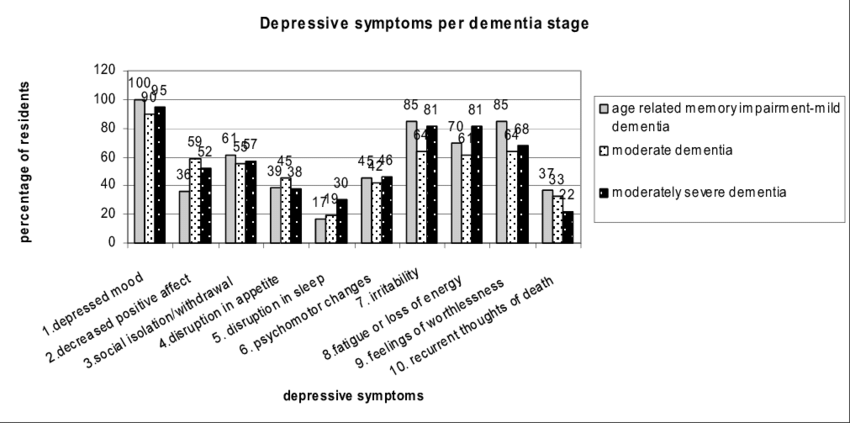
If your aging loved one seems suddenly to have a major shift in personality in the evenings, then they might be suffering from sundowners. Sundowners syndrome isn't actually a disorder in itself, but can be associated with Alzheimer's, dementia or depression.
As the name suggests, sunsets usually happen at night, from noon to early evening. The term "sunset" originated during the Industrial Revolution as a way for factory workers to get some rest during the day. Since workers were usually awake at any time of the day, the idea was born to give workers time to spare and to improve their health and work efficiency.
It is not known exactly what causes sunset, but it is known that they are usually caused by mental decline. In many cases, a change in mood can be the cause, as a change in mood is known to cause sunsets.
Some of the physical symptoms of this condition include depression, memory loss, and upset stomach. Unfortunately no direct link has been found between sunset and dementia, treatment is highly dependent on the severity of symptoms. There are also medications that can help treat this condition. If you think your loved one has already rolled or is experiencing any physical symptoms, see your doctor immediately.
Although not as common, wearing Sundowners can also be associated with depression, which is another sign of Alzheimer's or dementia. Depression often occurs due to poor sleep at night. Some people are depressed due to an underlying medical condition, such as heart arrhythmias or high blood pressure.
It is possible for a person to have mild sundowners, but if the symptoms become more severe, then it is very important to seek medical attention. If there is a chance that your loved one may be suffering from depression or dementia, then it is essential to get them to the nearest Alzheimer's specialist for proper testing and possible treatment.

Medications used to treat both depression and dementia can sometimes also help treat sundowners
This is because some of these medicines can prevent the brain cells from producing certain chemicals that are responsible for mood swings. In order to be sure, it is a good idea to consult with a specialist.
It's also important to understand the signs of Sundowners if your loved one is having difficulty with memory, especially if they seem to forget their favorite place or activity. A trip to the local Alzheimer's expert is also a good idea. Although this type of dementia is something that will be with your loved one forever, there is hope for treating and slowing its progress. By understanding the signs and symptoms of Sundowners, you can do what you can to keep your loved one comfortable and active for the rest of their life.
Because depression is often a sign of Sundowners, it's important that if you suspect that your loved one may have depression that they get treated immediately. Depression can lead to other mental conditions and even hallucinations.
If your loved one is experiencing mood swings, especially with memories of childhood or a time when they were happy, then this could be a sign that they are having memory issues caused by their Alzheimer's disease. Memory loss, like depression, can lead to a loss of memory and eventually, the death of the brain cell responsible for that memory. Although there is no cure for dementia, doctors can slow its progression by making it more difficult for the brain cells to build up a layer of synapses that connect neurons. together.
However, medications can also be used to help treat Sundowners, especially if they are associated with dementia, which is another form of dementia. Dementia is a mental condition that affects people as they become older, usually because they can no longer make sense of things the way that they did when they were younger. Since these two conditions are closely related, it is important to look out for the symptoms in your loved one, so that they can be treated.
If you suspect that your loved one may be suffering from depression or dementia, contact your doctor right away for proper testing. If you have any doubts, take the time to talk to someone who specializes in treating Alzheimer's and dementia to make sure that they're doing well.
Hello! I am an expert in the field of medicine. My name is Robert and I have medical training obtained at the Complutense University of Madrid. My passion for science and biology arose from my childhood. My professional experience includes working in various medical institutions, from clinical practice to research laboratories.
My interest in publishing news in the medical field was born out of a desire to share important information with society. I believe that the accessibility and clarity of medical information are key elements in taking care of health. That’s why I decided to write news articles to help people make more informed decisions about their health and wellness.